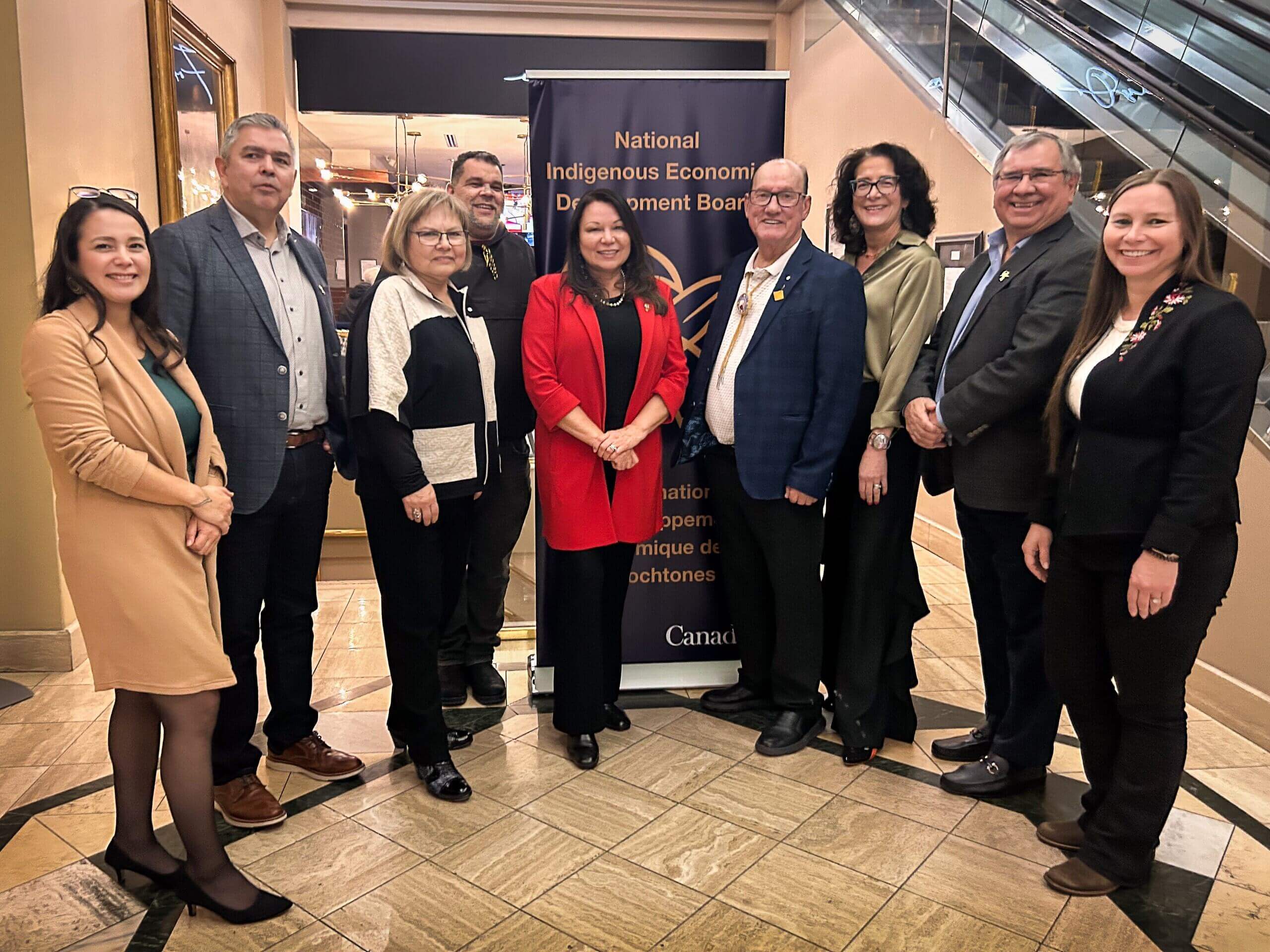2024 Indigenous Economic Progress Report
The Indigenous Economic Progress Report assesses the economic well-being and progress of Indigenous peoples in Canada, measuring key indicators such as employment, income, and education to inform policy and support Indigenous economic development initiativesLearn MoreThe 2024 - 2027 NIEDB Strategic Plan
A path forward to build a strong and enduring foundation for economic reconciliation in Canada.Learn More

Established in 1990, the National Indigenous Economic Development Board is the only Ministerial appointed board in Canada dedicated to providing strategic policy advice to the federal government on Indigenous economic development. NIEDB members are First Nations, Inuit, and Métis business and community leaders from across Canada.
Latest News
Webinar Series: “Moving From Scarcity to Abundance”
January 15, 2025
The NIEDB is pleased to partner with Cape Breton University and Vancouver Island University to present a 3-part webinar series exploring the key findings and recommendations from the 2024 Indigenous Economic Progress Report. This webinar series will feature in-depth analysis, expert insights, and interactive discussions with a panel of distinguished speakers.
Read More
2024 Indigenous Economic Progress Report
December 2, 2024
The National Indigenous Economic Development Board (NIEDB) announces the release of the 2024 Indigenous Economic Progress Report. This report assesses the economic well-being and progress of Indigenous peoples in Canada, measuring key indicators such as employment, income, and education to inform policy and support Indigenous economic development initiatives.
Read More
Release of the NIEDB's 2024-2027 Strategic Plan
July 22, 2024
The National Indigenous Economic Development Board is pleased to present the Strategic Plan for 2024-2027.
Since its founding more than 30 years ago, the NIEDB has remained committed to advancing its vision of Indigenous economic self-sufficiency and socioeconomic parity with the rest of Canada.
Read More